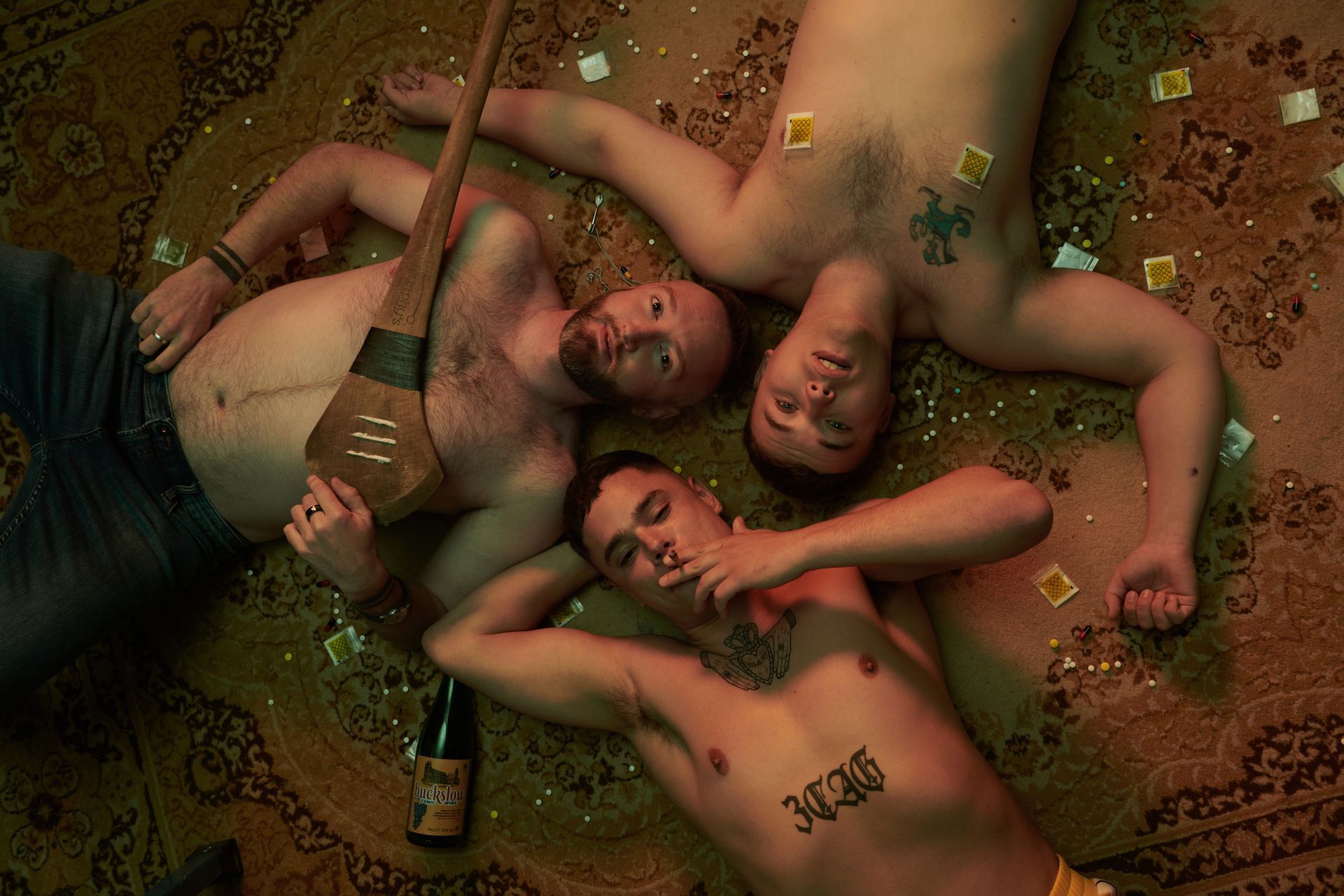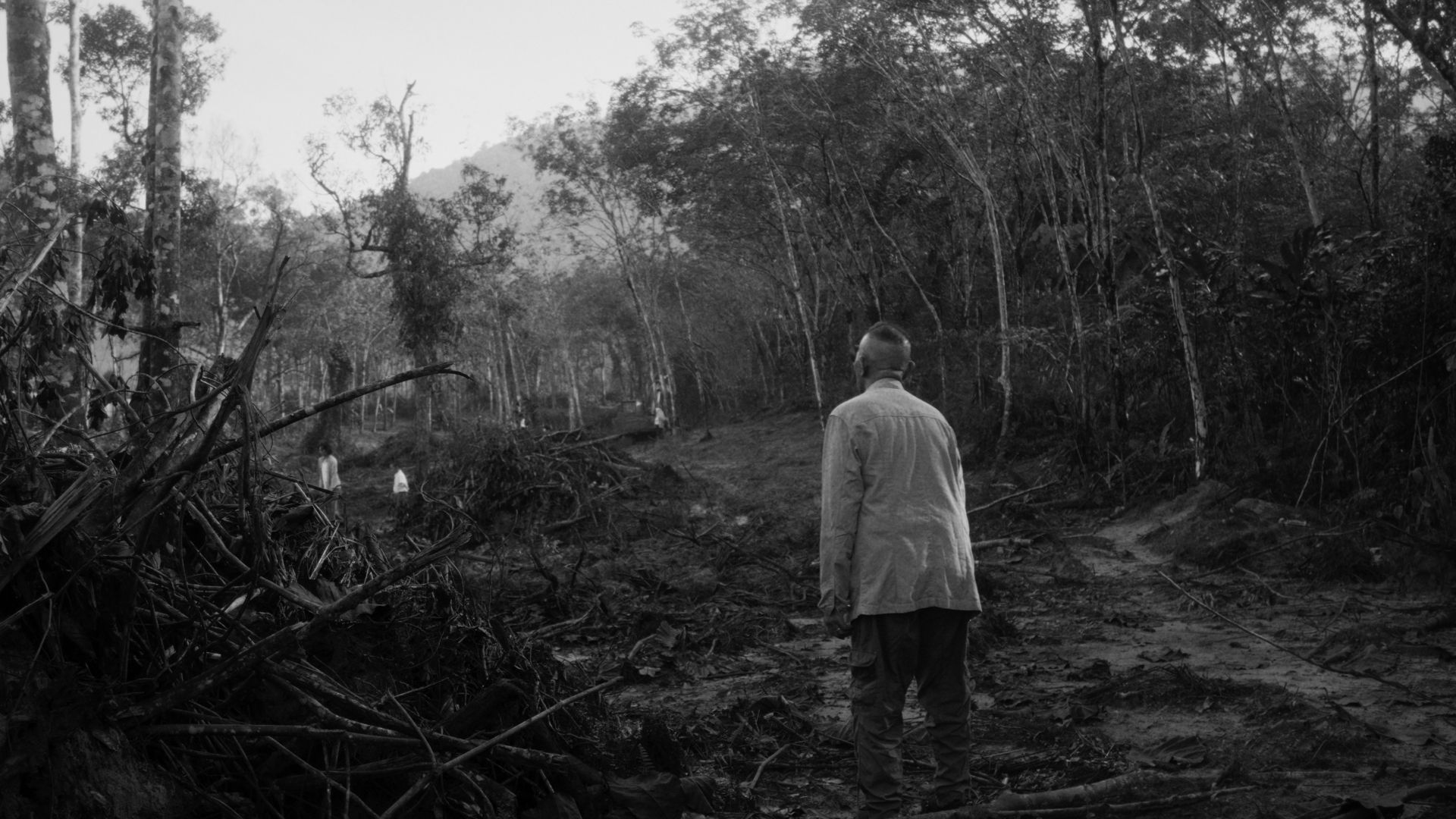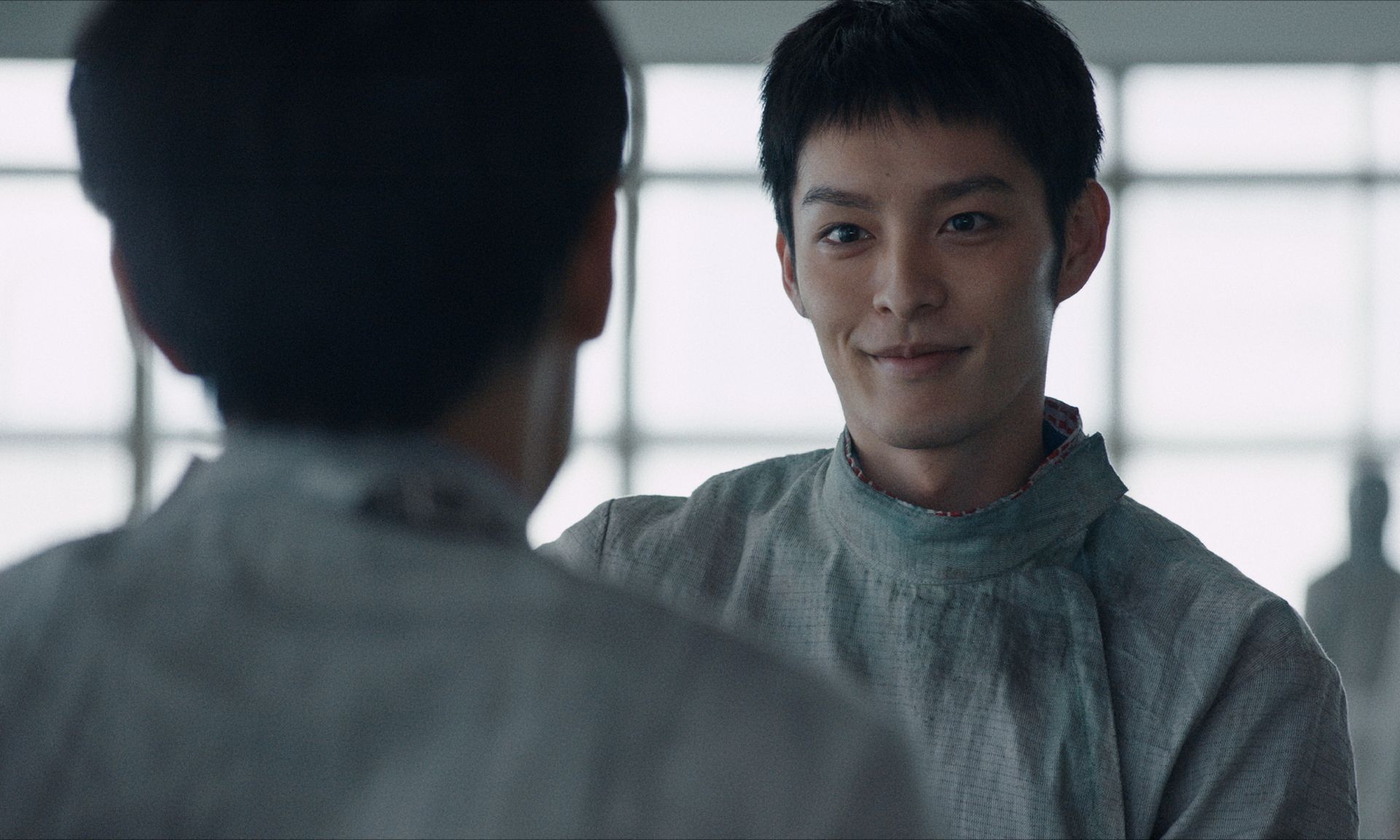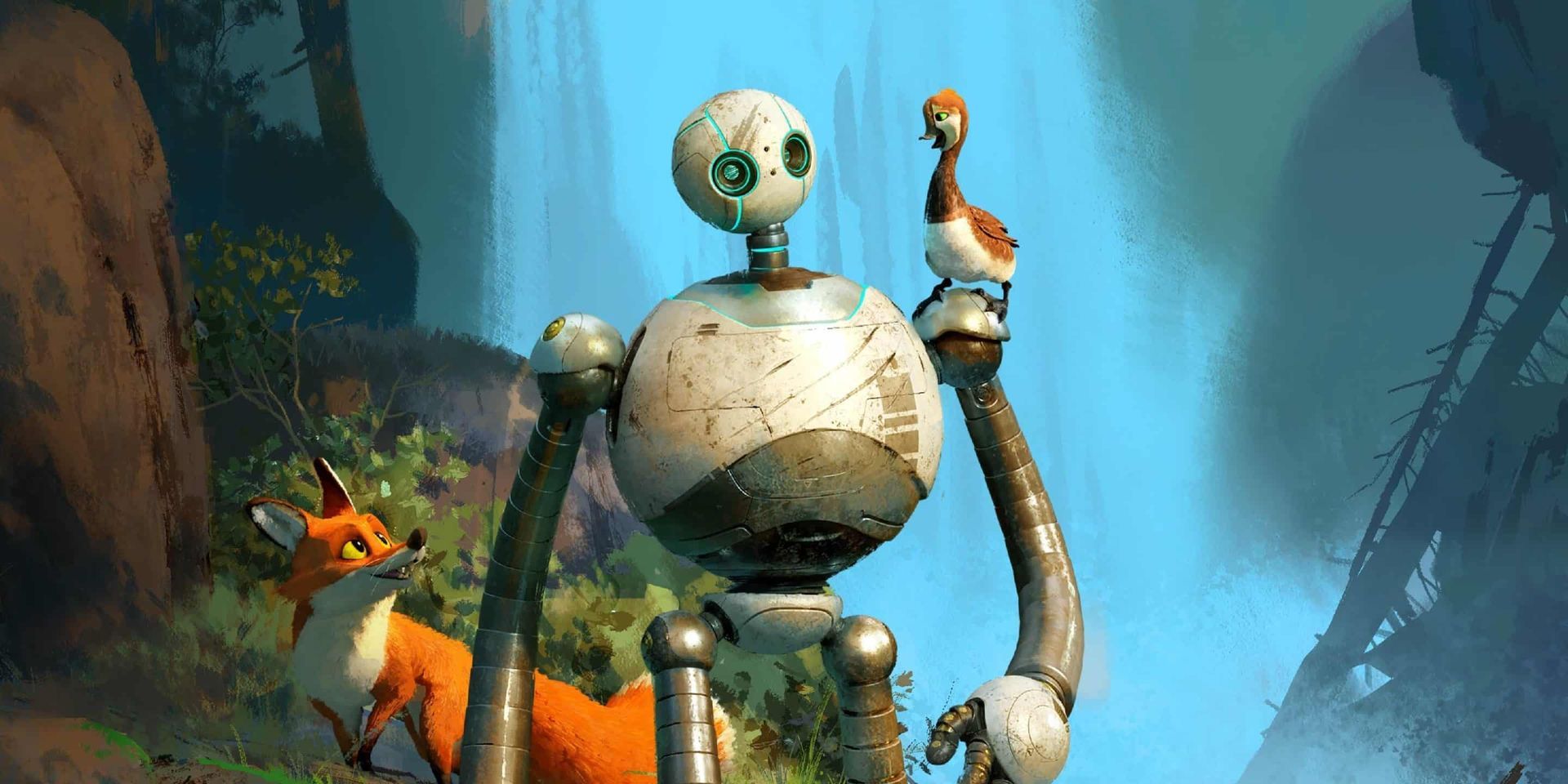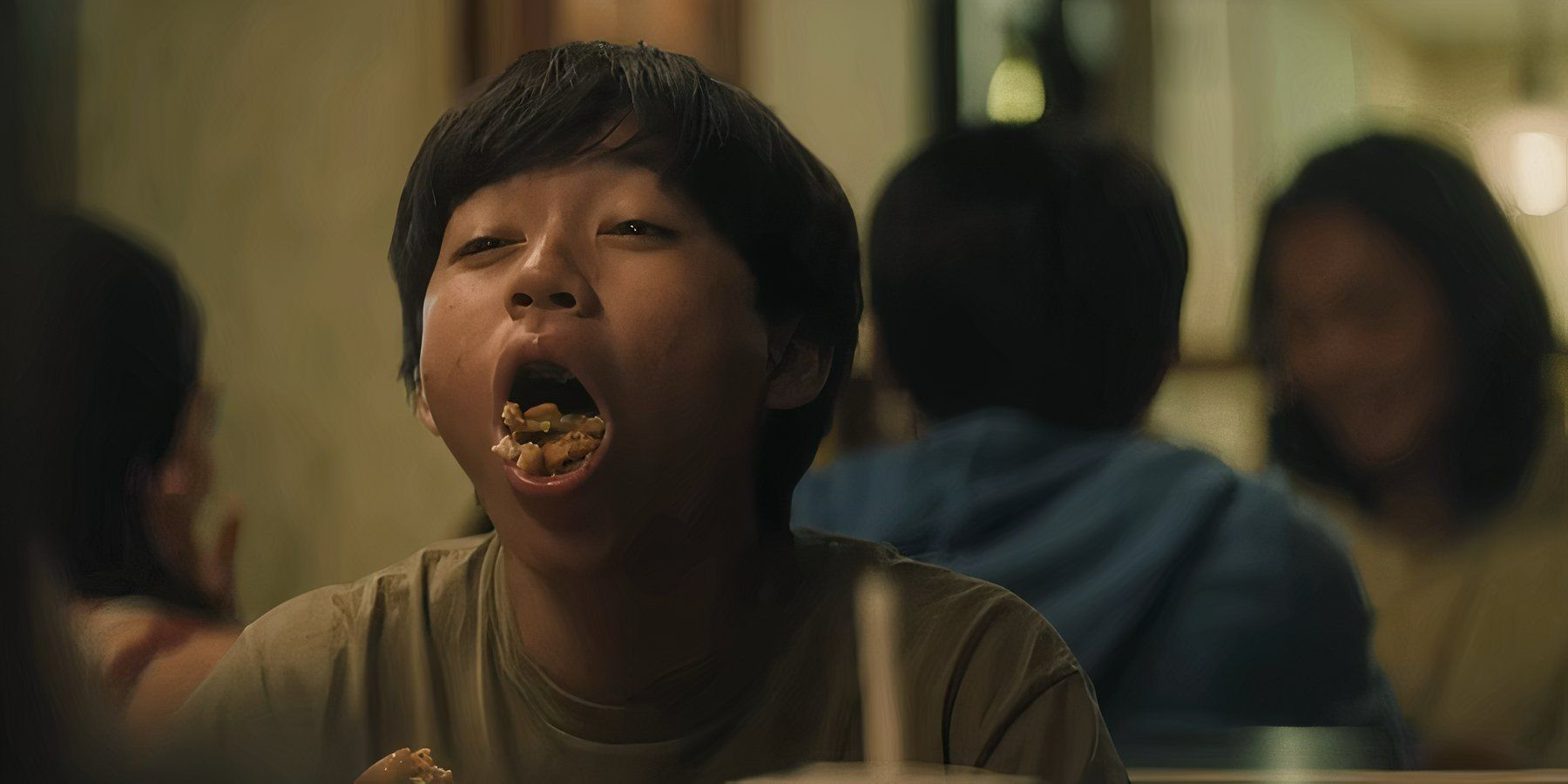Film Review #54: LYLE LYLE CROCODILE
Film Review #54: LYLE LYLE CROCODILE
*This film review may contain plot spoilers, reader discretion is advised.*

Lyle Lyle Crocodile Film Poster
In a climate where Disney’s latest live-action movies have been on the receiving end of the public’s flak for diluting the nostalgic magic of animated fairy tales, Lyle Lyle Crocodile can be seen as an ambitious venture into the scene.
In fact, it is surprising to note that this live-action movie received critical acclaim from a sizeable audience. While Mulan and Cruella suffered from negative publicity, Lyle Lyle Crocodile elicited curiosity and praise for its exuberant soundtrack and well-integrated CGI. As such, it should definitely be acknowledged that on many levels this movie has made its mark.
In this charming and heartwarming tale, the movie follows a singing crocodile Lyle (played by the richly melodious tenor Shawn Mendes) on his journey to find societal acceptance and belonging. Lyle is the manifestation of a well-executed CGI animal, bringing to life an adorable and lovable crocodile that would have been otherwise seen as a frightening alpha predator. He meets Josh (Winslow Burke Fegley), an anxious child who just moved to New York City. The pacing of the film, its flamboyant momentum and light-hearted sense of humour morphed the musical’s dazzling narrative. One could say it is a perfect mix of humour and heart.
Despite all these elements done right, there was a voice at the back of my head that expressed discomfort. Perhaps, the film’s target audience was children, and as an adult, the unintended perspective I gleaned was, “Is this truly meant for children to watch?”
The overarching plot oversees a magician, Hector, whose initial countenance seemed to be kind and harmless but as the plot progresses, we slowly discover his underlying ulterior motive: it is clear he seeks to capitalise on Lyle’s intriguing abilities and profit from his talents. This message is concerning as the relationship between the magician and Lyle is manipulative – a young, naïve crocodile who blindly trusts his owner only to be betrayed and abandoned when his business fails.
As the audience becomes attached to Lyle and Hector’s friendship, it is a jarring revelation when one realises that such trust is not only superficial but also completely materialistic and transactional. The illusive camaraderie is destroyed by the ugliness of the magician’s intention when the audience and Lyle realise that he was exploited for the magician’s commercial motives. The gravity of this message lies in the fact that the magician was not held accountable for his awful deeds. Lyle’s traumatic past was not given full closure.
Hector not only betrays Lyle’s trust but also breaks Lyle’s heart. The moment his gig crumbles as a result of Lyle’s inability to perform, abandonment was his first instinct. It is evident that Lyle is the subject of his owner’s intrinsic desire to monetise his talent. In the face of continual mistreatment, it is grave to see the protagonist continuously forgive the antagonist, almost akin to a victim begrudgingly conceding to their abuser’s power. If Lyle is metaphorically the magician’s “child”, then the film’s message ostensibly condones a parent to abandon their child. This message could prove disheartening and disturbing for a family movie that aims to invigorate the spirit of familial love, belonging and warmth
The casting of Lyle’s voice actor in the film is similarly disorienting. Introduced as an abandoned “child”, an outcast from a broken background, it is disconcerting for viewers to hear Shawn Mendes’ infamous and largely commercialised pop song vocals on screen. As a matter of fact, the profile of Mendes’ voice seems to be a paradox to the profile of Lyle’s body: whereas the body begs for an organic and raw vocal instrument, the widely-recognized voice of a popular mainstream star creates an artificial atmosphere. One can deem it slightly laughable for the context of the voice and the character design simply do not complement. Perhaps, the utilisation of a lesser-known singer would have matched the profile of Lyle more appropriately, bringing to the table a much-needed refreshingness.
On top of that, another question raised is Lyle’s inability to speak. Every “word” that comes out of his mouth becomes a song from the soundtrack, transforming this movie into a cinematic adaptation of a Shawn Mendes album, with a giant crocodile thrown into the mix.
While the movie might charm children, beguiling parents might be another question altogether. I would say I enjoyed most of the plot but some movies are just best enjoyed through the perspective of a child who would not spot or question the deeper loopholes. The jarring juxtaposition between scenes of whimsical and wholesome fun, against the gritty reality of manipulative relationships, is simply too strange to bear.
——————————————————————————-
This review is published as part of *SCAPE’s Film Critics Lab: A Writing Mentorship Programme, organized by The Filmic Eye with support from Singapore Film Society and Sinema.
About the Author: Jia Hui has a love-hate relationship with potatoes but thankfully, this is not the case for films. When not daydreaming about films, she can be found dreaming about her other loves, food & design. And yes, all while taking her gap year.


